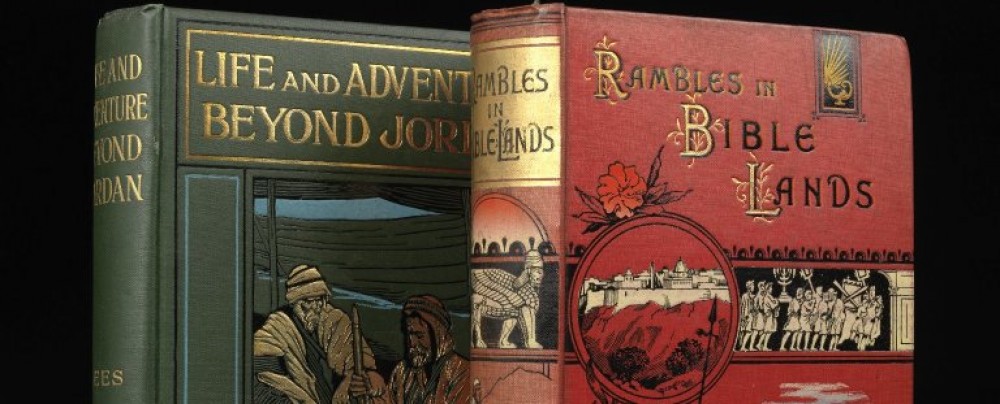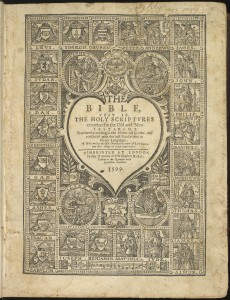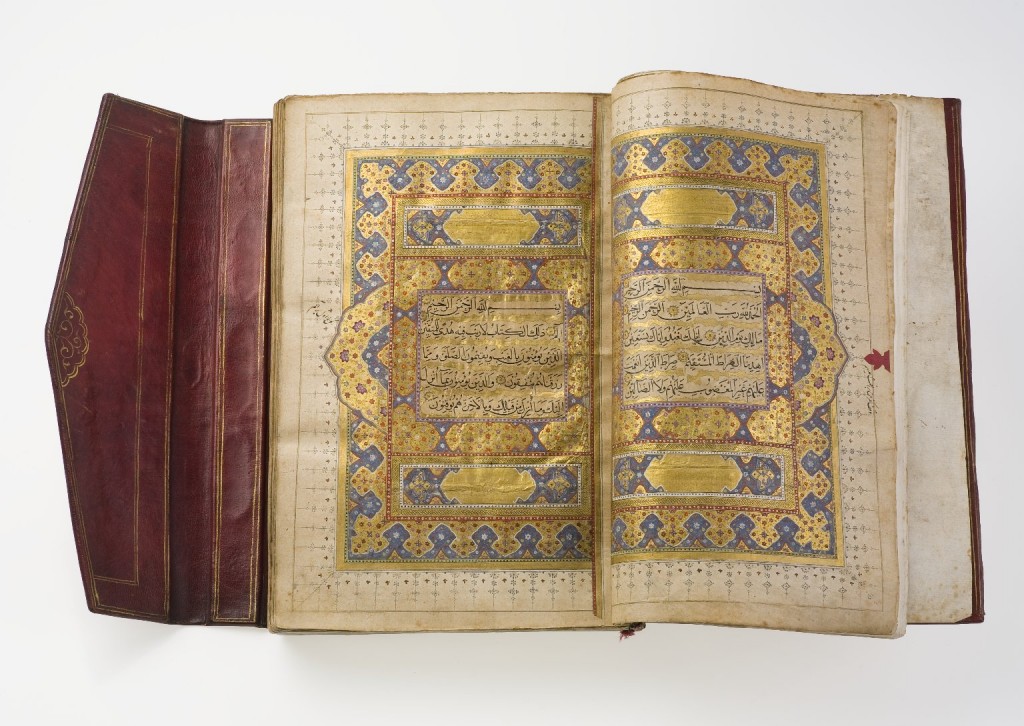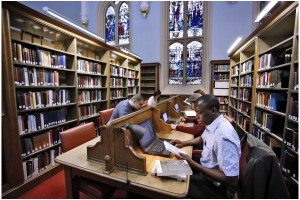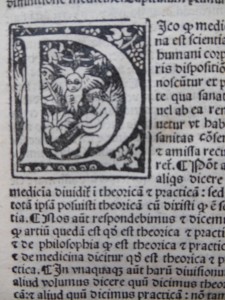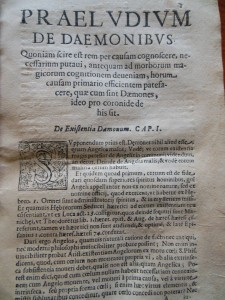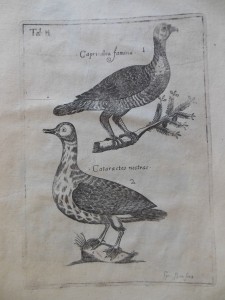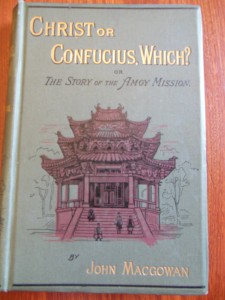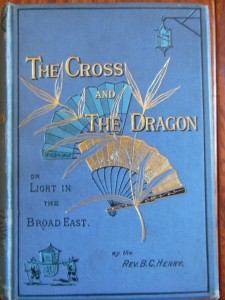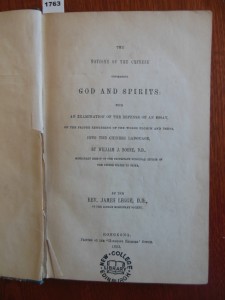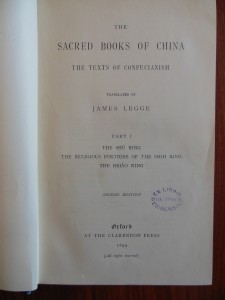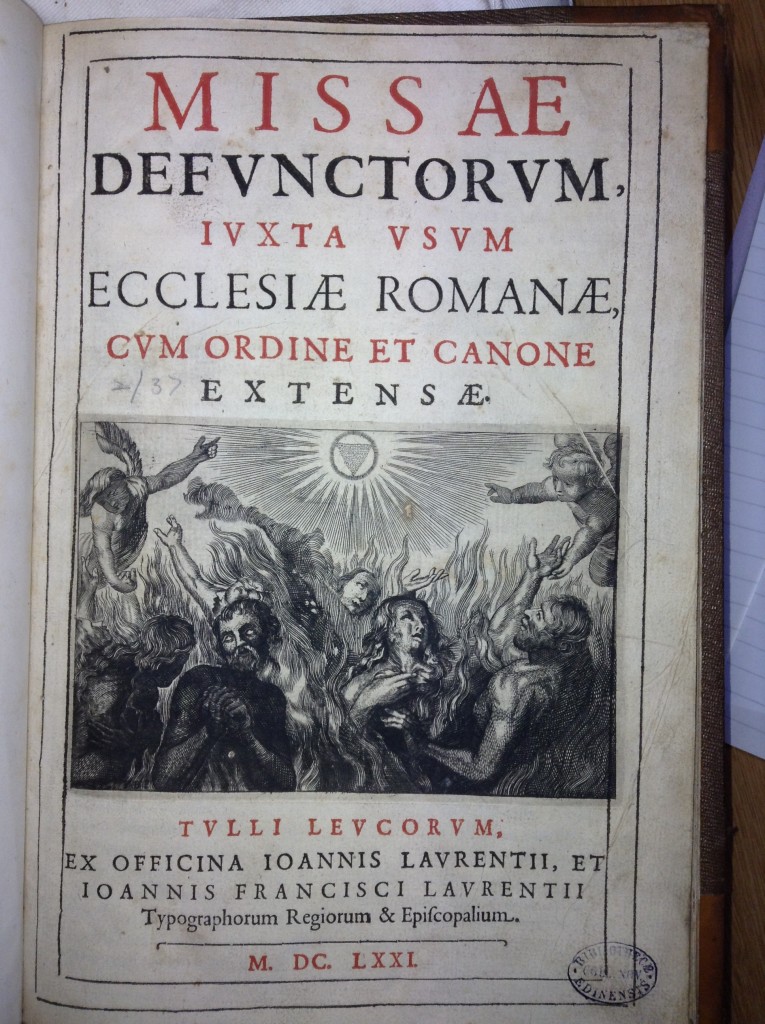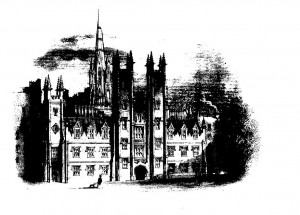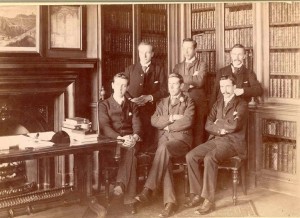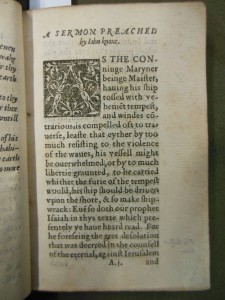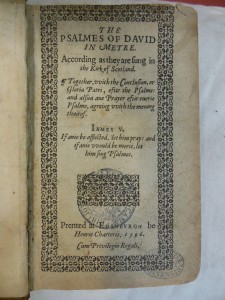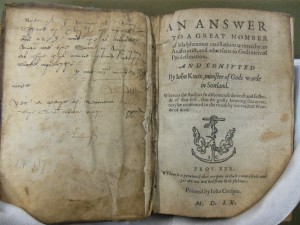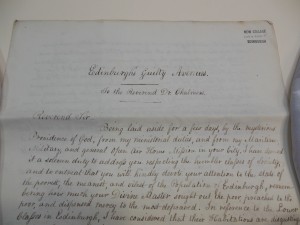The University of Edinburgh Library holds extensive and rich collections of Bibles. At New College Library, you will find of early Bibles from the Scottish Reformation, Bibles in languages from all over the world and current editions of study Bibles used for course teaching. However the sheer number of items we have in the collection can make finding details of the specific Bible you want on DiscoverEd seem challenging. Here’s 3 tips to help you:
- If you have the full details of the version and edition you want (e.g. New Oxford Annotated Bible (2010)) use the Advanced Search on DiscoverEd to narrow down your search using as many details as possible.
- A search for ‘Holy Bible’ will bring up many results from our digital collections of pre-1800 early books. To exclude these digital versions, refine your search down by ‘Books’ or ‘Physical item’
- You can also refine down a large result set by library location (New College Library), date and language.
Today’s question for postgraduate students on the Divinity Approaches to Research course is :
“At what shelfmark would you find the principal collections of Greek New Testaments at New College Library? Use DiscoverEd to help you find the answer, or come into New College Library to explore.”
[Example : BJ is the shelfmark for Ethics]
Tweet me your answer at NewCollegeLibrarian@cloverodgers or email me on Christine.Love-Rodgers@ed.ac.uk
A winner will be drawn on Friday 2 Oct from all correct answers received and they will receive a mystery prize!
Christine Love-Rodgers – Academic Support Librarian, Divinity
